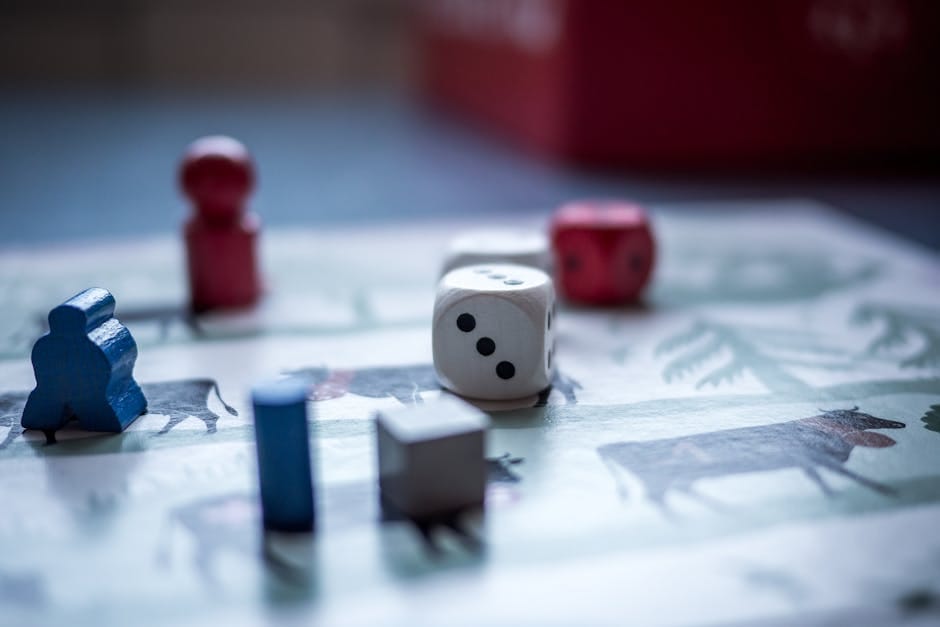Toys and games are an essential part of childhood, contributing significantly to a child's physical, cognitive, and social-emotional development. From building blocks to dolls, board games to video games, each type of toy offers unique benefits that foster a child's growth.
Toys encourage physical development by engaging a child's gross motor skills, such as running, jumping, and throwing. They also promote fine motor skills through activities like building, drawing, and manipulating small objects. These physical activities contribute to coordination, balance, and dexterity.
Cognitive development is significantly enhanced through play with toys. Puzzles, building blocks, and strategy games challenge a child's problem-solving abilities, spatial reasoning, and logical thinking. By manipulating toys, children learn about shapes, colors, textures, and numbers, expanding their knowledge and understanding of the world.
Social-emotional development is fostered through play with toys and games. Cooperative games, such as board games and pretend play, teach children about sharing, turn-taking, and empathy. They also provide opportunities for children to interact with peers, develop friendships, and learn to resolve conflicts peacefully.
Imaginative play is essential for a child's creativity and emotional well-being. Toys such as dolls, action figures, and building blocks allow children to create their own worlds, express their emotions, and develop their imaginations. This imaginative play fosters creativity, flexibility, and self-expression.
Toys and games also contribute to a child's language development. When children play with toys, they engage in conversations with others, describing their actions, expressing their thoughts, and building their vocabulary. Pretend play and storytelling with toys encourage imaginative language use and help children develop their communication skills.
In addition, toys and games can have a therapeutic value. Play can provide a safe and controlled environment for children to explore and manage their emotions. Therapeutic toys, such as fidget toys and stress balls, can help children regulate their emotions and reduce anxiety.
It is important to note that the type of toys and games a child plays with can impact their development. Parents and educators should choose toys that are age-appropriate, safe, and foster a child's growth. By providing children with a variety of toys and games, adults can support their overall development and lay the foundation for a fulfilling life.
In conclusion, toys and games are not merely sources of entertainment but essential tools for a child's development. They contribute to physical, cognitive, social-emotional, imaginative, language, and therapeutic growth. By understanding the benefits of toys and games, adults can make informed choices about the toys they provide children, fostering their overall well-being and future success.
